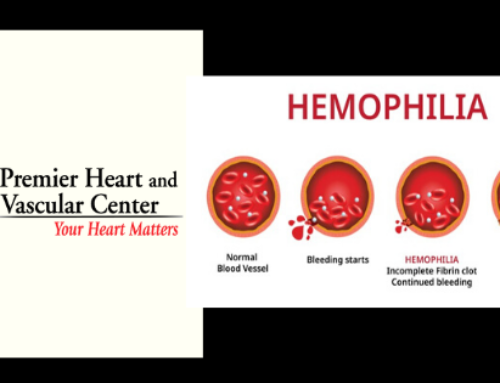August is National Wellness Month, and serves as a much-needed reminder for all of us to take our wellness seriously. Most Americans report suffering from moderate to high stress. According to Everyday Health’s United States of Stress report, chronic stress has taken on epidemic proportions, originating from a variety of sources such as work, social situations, and even lack of self-actualization.
But stress also has an adverse effect on your body. If you suffer from chronic stress, a visit to the local cardiologist might reveal problems with your cardiac and vascular function. Here’s how stress affects your cardiovascular system and how you can use stress management as a heart health tool:
How Does Stress Impair Cardiac and Vascular Function?
There are two types of stress — acute and chronic. With acute stress, there is a sudden release of adrenaline that causes the body to enter the so-called “fight or flight” mode. If you’ve ever had to hit the brakes to avoid another vehicle in traffic or had a short deadline imposed on you at work, you’ve likely experienced acute stress. After the high-stress sudden situation passes, the body returns to the normal production of hormones and normal functioning of the cardiovascular system.
However, if the stress is chronic, that puts significant strain on your heart and blood vessels. Consistent elevation of stress hormones, heart rate, and increased strain on the cardiovascular system is a significant risk factor for heart attack, stroke, hypertension, and even levels of cholesterol.
Good Stress vs. Bad Stress
Psychological, chronic stress often has this adverse effect. It usually impacts individuals who are feeling overworked and suffer from anxiety, although it can come from many other sources.
However, some activities count as “good stress,” such as physical exercise that helps keep your body in an optimal condition. The benefits of exercise combined with a healthy diet that provides all the nutrients your body needs can help negate the negative effects of psychological stress. Exercise is also good for the heart, so even if you aren’t suffering from chronic stress, it’s a good step to take to protect your cardiovascular function.
Stress Management to Protect Cardiovascular Health
Chronic stress can be decreased with careful management. To protect your cardiovascular health when in an emergency, you can count to 10, breathe deeply, and briefly remove yourself from the stressful situation to calm down.
If you’re facing a difficult problem, break it down into bite-sized, achievable steps that will decrease your sense of being overwhelmed and get stress down to manageable levels. For everyday stress management, you can turn to activities that will get you moving, breathing, socializing, and relaxing. Exercise, yoga, quality time with your loved ones, or listening to music you love can all be effective stress busters.
Here at Premier Heart & Vascular Center, it is our mission to care for your heart health and help you learn more about cardiovascular issues. If you have any concerns about your cardiovascular health, our highly-skilled team of heart physicians will provide you with expert care.







